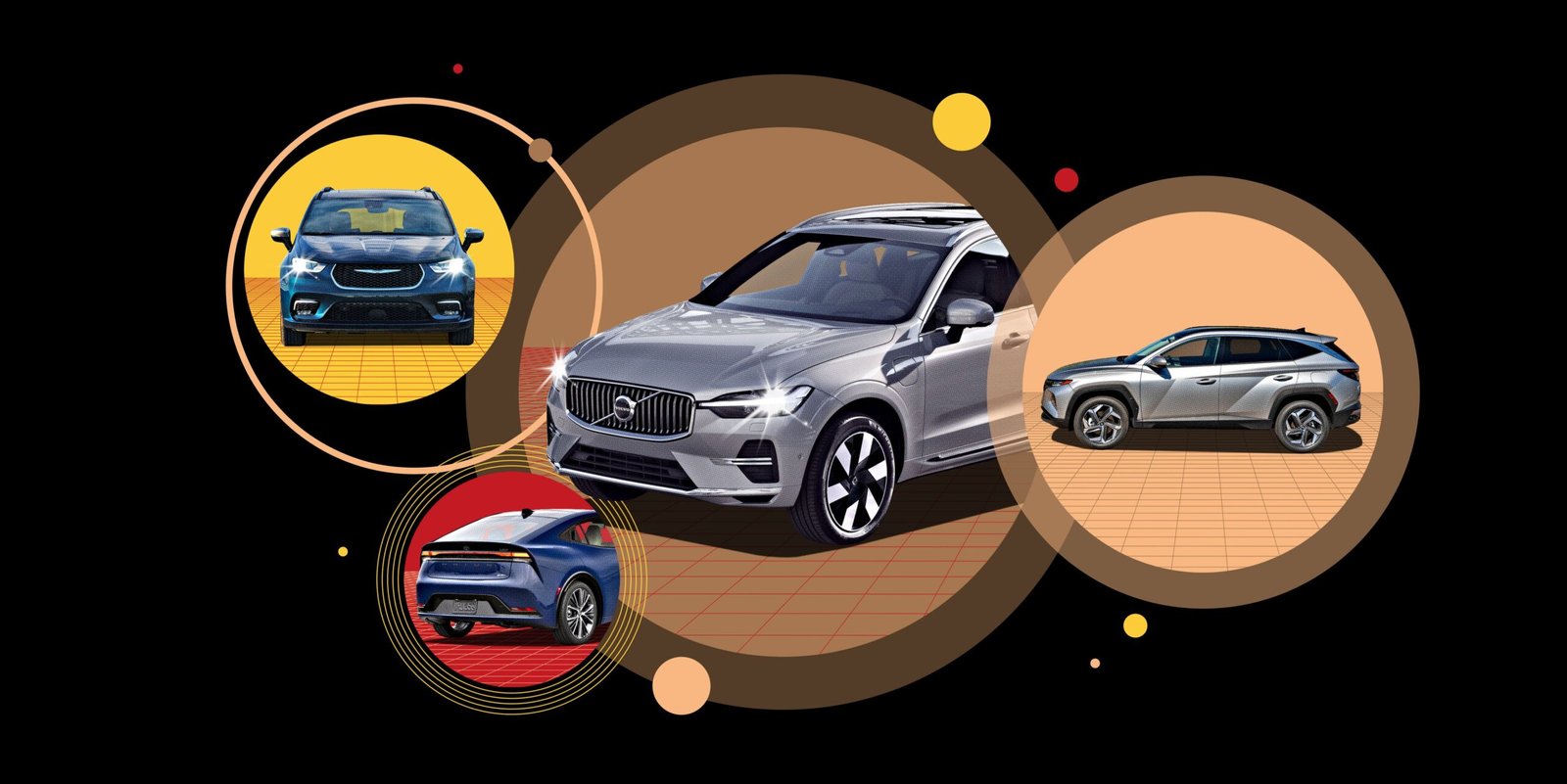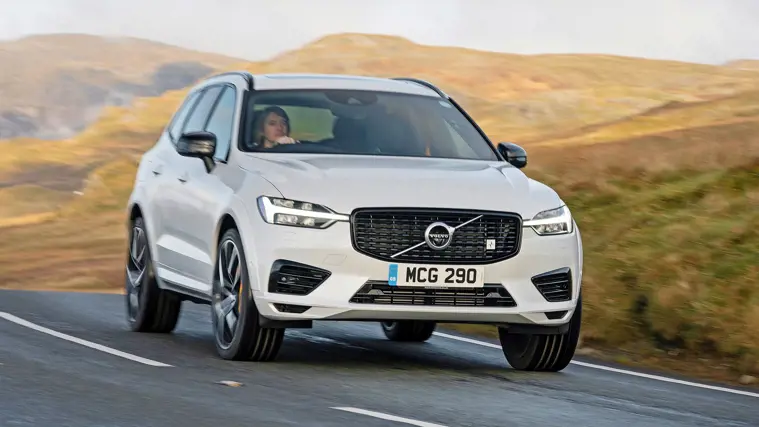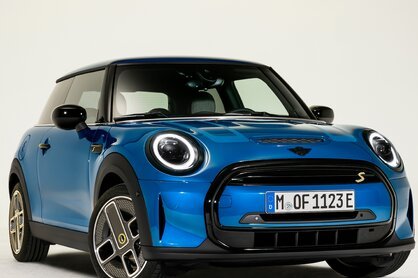The automotive industry has been rapidly evolving, with hybrid cars becoming a popular option for many drivers looking to reduce their environmental footprint and save on fuel costs. But with so many choices available today, how do you know if a hybrid car is the right choice for you? In this post, we’ll dive into the ins and outs of hybrid cars, including their benefits, challenges, and factors to consider when deciding if a hybrid is the right fit for your lifestyle.
What is a Hybrid Car?
A hybrid car combines two power sources: a traditional internal combustion engine (gasoline or diesel) and an electric motor. The idea behind a hybrid vehicle is to optimize fuel efficiency by switching between these two power sources depending on driving conditions.
- Full hybrids: These vehicles can run solely on electricity at low speeds or with the engine at higher speeds, offering better fuel economy than traditional cars.
- Mild hybrids: These assist the gasoline engine by using the electric motor but cannot operate solely on electricity.
Some hybrid vehicles also feature plug-in hybrid systems, allowing drivers to charge the battery externally for longer electric-only driving ranges before the gasoline engine kicks in.
The Benefits of Hybrid Cars
Hybrid cars are known for their impressive fuel efficiency and reduced environmental impact. Let’s explore some of the main benefits:
1. Fuel Efficiency
One of the biggest advantages of owning a hybrid car is the exceptional fuel economy. Hybrid vehicles generally use less fuel than traditional gas-powered cars, helping drivers save on fuel costs. Many hybrid models can achieve upwards of 40–50 miles per gallon (MPG) or more, depending on the model and driving habits.
2. Reduced Emissions
Hybrid cars emit fewer pollutants than conventional vehicles because they rely on an electric motor alongside the gasoline engine. This helps reduce air pollution and makes them an eco-friendly option for those looking to contribute to a cleaner environment.
3. Lower Operating Costs
Since hybrid cars use both electric and gas power, they tend to require fewer visits to the gas station, lowering your overall fuel expenses. Additionally, hybrid vehicles often have fewer engine components that are subject to wear and tear, potentially reducing long-term maintenance costs.
4. Tax Incentives and Rebates
Many governments offer tax incentives, rebates, and other financial benefits to those who purchase hybrid vehicles as part of their efforts to promote sustainable transportation. These financial incentives can help offset the higher initial cost of purchasing a hybrid car.
5. Quiet and Smooth Driving
The electric motor in hybrid cars provides smooth acceleration and quieter driving, especially when the vehicle is running in electric mode. If you’re looking for a quieter and more comfortable ride, a hybrid might be a great choice.

Challenges of Hybrid Cars
While hybrid vehicles offer a number of advantages, they also come with certain challenges. It’s important to weigh these drawbacks when deciding if a hybrid is right for you.
1. Higher Upfront Cost
Hybrid cars typically have a higher upfront cost compared to traditional gasoline vehicles. This is due to the cost of the hybrid technology, including the electric motor and battery. However, the price difference can be offset over time with savings on fuel and maintenance.
2. Limited Electric-Only Range
While hybrids can operate on electric power alone in some situations, their electric-only range is often limited compared to fully electric vehicles (EVs). If you are looking for a fully electric experience with zero tailpipe emissions, a hybrid may not meet your needs.
3. Battery Replacement Costs
Hybrid cars rely on batteries to power the electric motor, and over time, these batteries can lose their effectiveness. Although hybrid batteries are designed to last for many years, replacing them can be expensive, which could potentially offset some of the savings in fuel.
4. Complexity and Maintenance
While hybrid cars are generally low maintenance, they do have a more complex powertrain than traditional vehicles, which could lead to higher repair costs if something goes wrong. It’s important to ensure that you have access to mechanics who are experienced with hybrid technology.
Factors to Consider Before Buying a Hybrid Car
Before deciding if a hybrid car is the right choice for you, here are some key factors to consider:
1. Your Driving Habits
If you do a lot of city driving with stop-and-go traffic, a hybrid car may be an excellent choice, as they excel in such conditions by relying more on electric power at low speeds. On the other hand, if you mostly drive on highways, you may not see as significant a difference in fuel efficiency compared to a traditional vehicle.
2. Environmental Impact
If reducing your carbon footprint is important to you, a hybrid car is a great way to lower your emissions. However, if you’re aiming for zero emissions, you may want to consider a fully electric vehicle instead, as hybrids still rely on gasoline engines.
3. Cost vs. Savings
While hybrid cars offer savings in fuel costs, it’s important to consider whether the initial price difference is worth the long-term savings for you. Make sure to calculate the potential fuel savings based on your average driving distance to see if it justifies the higher upfront cost.
4. Incentives and Rebates
If available, take advantage of any governmental tax incentives or rebates for purchasing a hybrid car. These financial incentives can make hybrids more affordable and help you make an informed decision.
Is a Hybrid Car the Right Choice for You?
Ultimately, whether a hybrid car is the right choice for you depends on your driving habits, budget, and environmental values. If you’re looking for better fuel efficiency, lower emissions, and a more eco-friendly driving experience, a hybrid could be a great fit. However, if you’re after the highest level of sustainability with zero emissions, or you’re on a tight budget and can’t afford the initial investment, you may want to consider other options such as fully electric cars or traditional gasoline vehicles.
Taking the time to assess your needs and weighing the pros and cons will help ensure that you make an informed decision about your next vehicle purchase.











